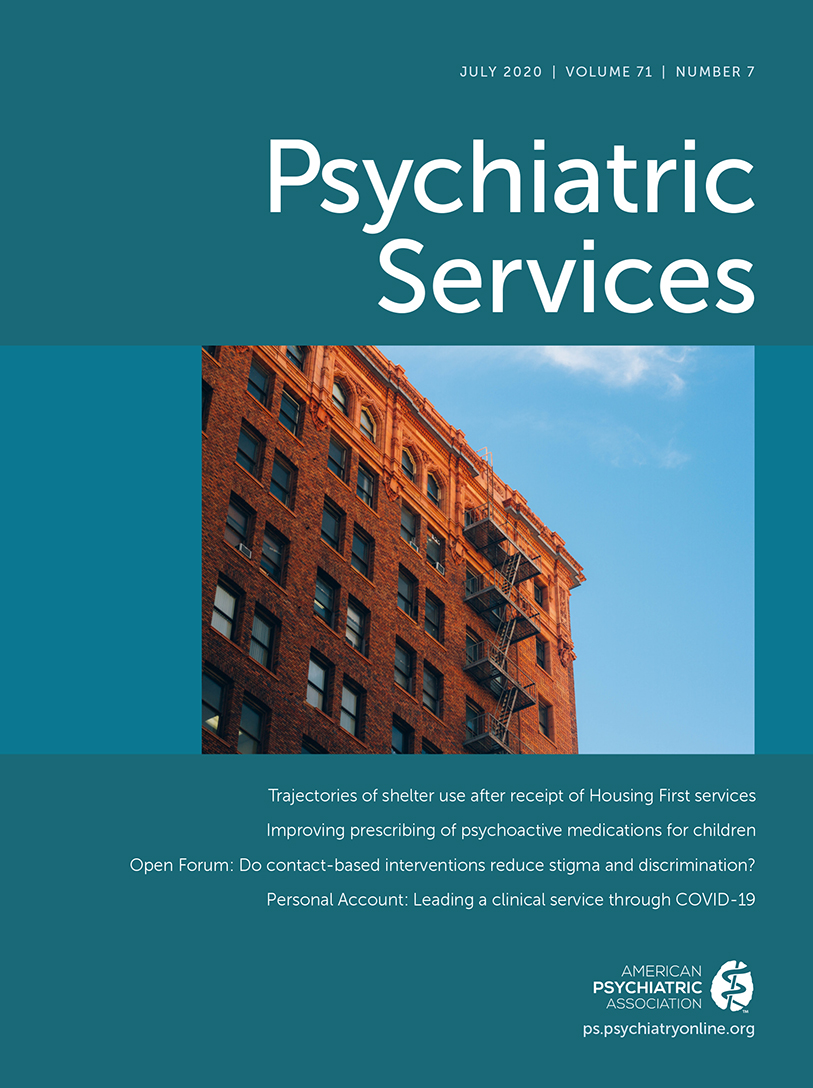Dynamic Trainee Support for Residents Involved in COVID-19 Treatment and Response
The COVID-19 pandemic presents a crisis new to the modern era of medicine. Illness acuity and volume of severely ill patients are changing how health care providers perceive care. Residents are providing care in unfamiliar settings, under highly stressful conditions, and with limited training. Confiding in peers is a natural source of support for distressed colleagues, preferred over employee assistance programs or turning to mental health professionals. Medical centers are therefore developing formal trainee support programs to assist individuals as well as treatment teams.
Our hospital system has expertise in the support and treatment of traumatized first responders. The Stress, Trauma, and Resilience (STAR) program assesses and treats patients experiencing emotional trauma. In addition, the program serves the needs of health care providers affected by psychological trauma related to their roles as caregivers. The provider-specific team, called the Brief Emotional Support Team (BEST), uses evidence-based training and therapy and has assisted hundreds of first responders and health care professionals over the past 4 years throughout our large academic medical center and within the greater community. Our teams help providers respond effectively in crises while developing skills for resilience and coping with chronic exposure to stress.
As an extension of the STAR program, psychiatry residents at our large Midwestern academic medical center self-identified the value of offering support to colleagues in other departments during this crisis. We identified resident volunteers interested in completing a COVID-19 psychiatric response (CPR) elective, which involves integrating the existing therapy curriculum as well as a 1-hour training session into the BEST model, providing daytime support to health care workers through the STAR program phone and to resident peers through a graduate medical education (GME) pager, and providing overnight and weekend support to resident peers through the GME pager. The rotation involves multiple residents to ensure adherence to duty hours. The designated institutional official and intranet announcements helped publicize this service. Faculty of the psychiatry department are available to supervise and oversee the support and assist in the event a distressed trainee or other health care worker expresses ideation to harm self or others.
Our early efforts in providing easily accessible, on-demand peer support via multiple modalities have been well received by residents throughout our hospital. The STAR program fields seven to 12 calls every 24 hours, and we have received at least six inquiries from trainees. Confidentiality is ensured; callers requesting to speak with a psychiatry resident are not required to identify themselves. Similarly, resident volunteers do not discuss information with the GME office or programs unless an imminent safety risk arises. As we learn from our experiences, we have developed a tip sheet to share among the group about common concerns and potential helpful responses, including reflective listening and validation phrases, motivational interviewing skills, healthy coping and strength identification, and follow-up opportunities and resources. Here are some examples: “It’s courageous of you to reach out for support and demonstrate your resilience in a very challenging time. What other supports do you have or know of?” “What you’re describing sounds overwhelming. How has this been affecting you when your work ends and you return home?” “It makes sense that you feel anxious and are thinking of not coming to work. It sounds like you are trying to protect yourself. This is a normal reaction. Many people are feeling similarly.”
Those seeking support are anxious, fearful, and concerned with the normalcy of their daily experiences. They worry about their own and their families’ well-being, the unknown, and an uncertain future. Resident volunteers respond to immediate concerns but also offer follow-up discussions virtually. Our department’s multidisciplinary clinic, including psychiatry faculty and residents, is used when more formal care is indicated.
Our psychiatry residents report finding value in providing this service. Team members have enthusiastically signed up for shifts in this program, eager to leverage training as emerging psychiatrists and identification as medical professionals to support colleagues and friends. In so doing, this program allows us to support the critical services that our hospital continues to provide for victims of the COVID-19 pandemic. We hope to validate residents’ emotional concerns and experiences, promote well-being, and proactively mitigate the traumatic impact of the dire situations our resident colleagues are facing every day.



